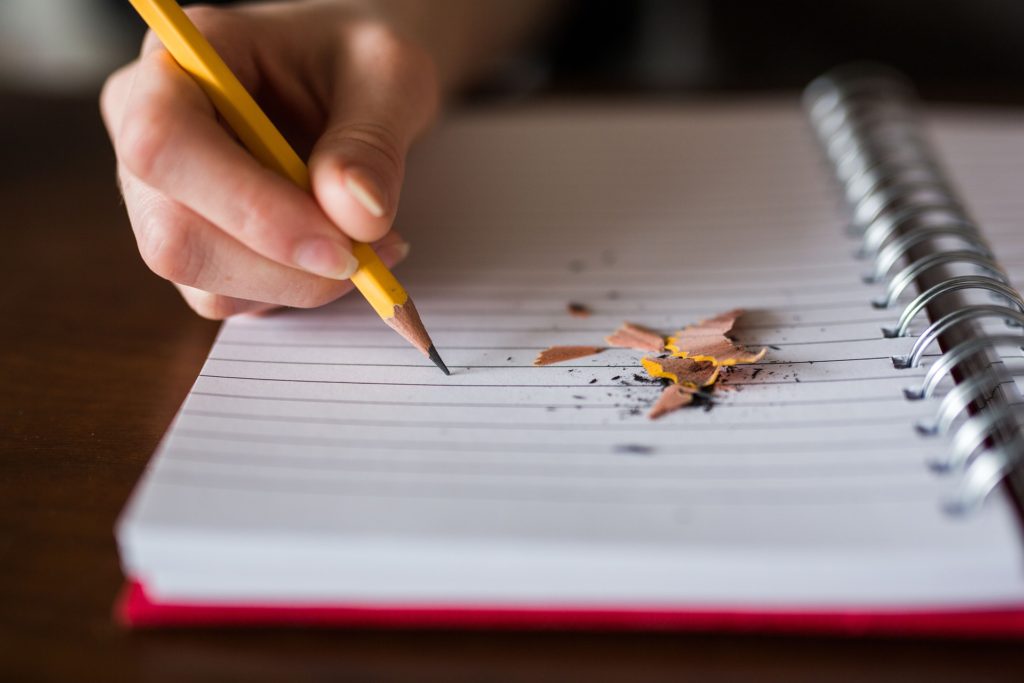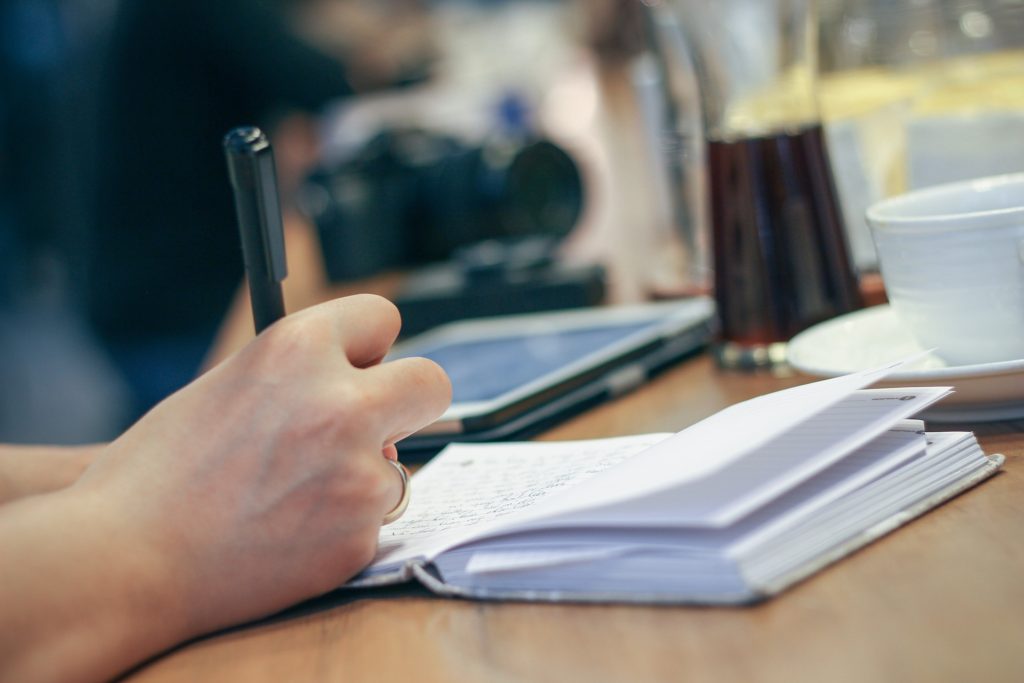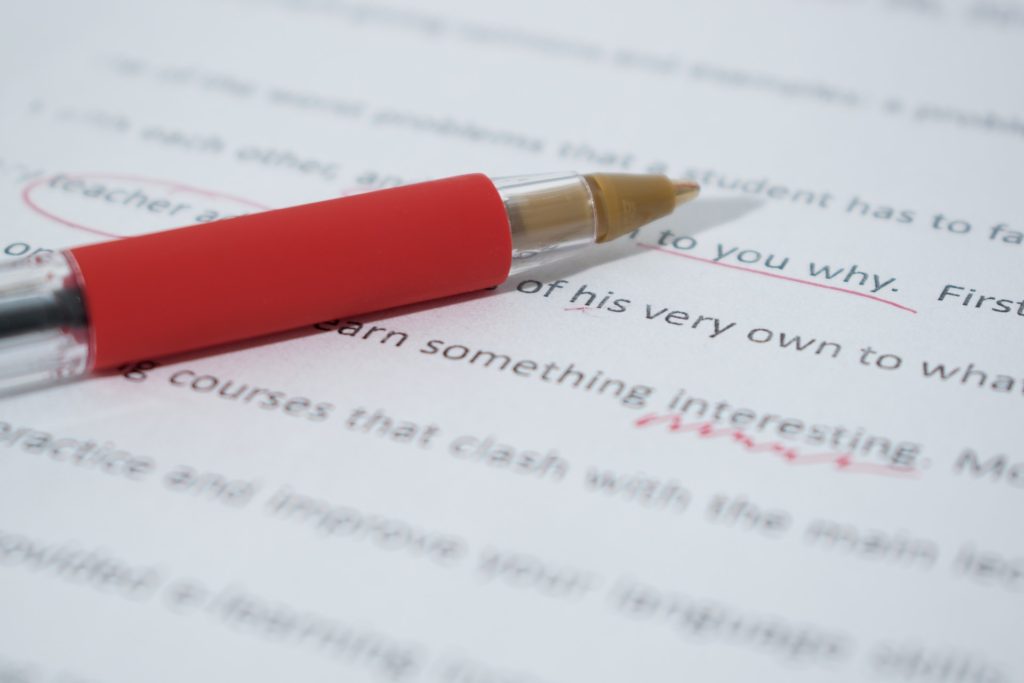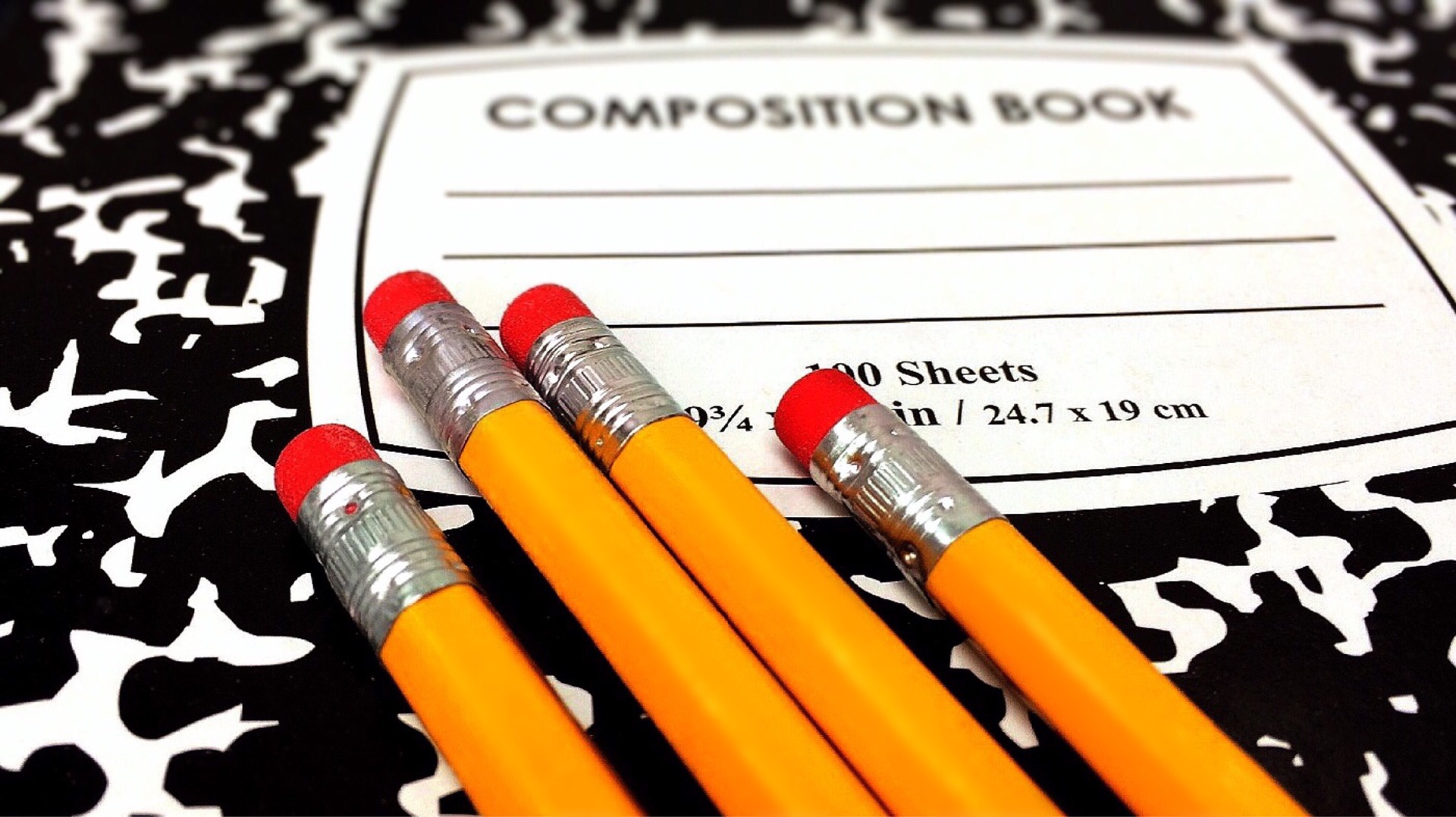
In February, I submitted a proposal for a chapter for a book on higher ed & the future of work, a proposal which was then subsequently accepted for full drafting & submission. The deadline for the full draft loomed as a tight one. At the end of February, I would receive notification of the proposal acceptance, & I would then need to draft a full nonfiction chapter of 8K-10K words, with appropriate references & formatting, due by mid-April. The acceptance of the proposal triggered a flurry of reading source books & articles to help situate my perspective on the effects of the pandemic within online higher ed & how people would now engage in meaningful work in a variety of forms & in a variety of environments. Now, I would describe the chapter draft in more detail, but unfortunately a blog post does constitute a form of publication, which would render the new content unusable by the publisher. Let that be a reminder for those of you writers who have been posting their best work online on their blogs. Once you post the content on the internet, even in blog form, that work will be considered published. Most editors & publishing presses specifically stipulate that they won’t accept written work that has been previously published. So, just keep that as a caveat.
To be candid, I drafted an overview of the book chapter for this blog post & then reconsidered, remembering the advice authors provided when I was helping to oversee the build of the fully-online MFA in Creative Writing when I was in a dean role at SNHU. Valuable advice, for sure.

Let me just say that the chapter outlined major effects on life for those experiencing new restrictions on behavior & social interaction, where the lockdown of place & strict social distancing measures instilled a kind of fear of even the most common, mundane activities like going to the grocery store to pick up essentials. Who would have imagined that a supermarket would ever threaten the well-being & lives of those picking up items? Talk about bizarre. I have felt at times like Alice falling down the rabbit hole to a topsy-turvy world, one that seemed unimaginable with all of our advancements in medicine & health ailment prevention. More often than I have ever experienced, I often had these moments of memory from being an adolescent or even a teenager, back at our family home on a hill near Lake Winnipesaukee in New Hampshire. Never had I imagined a future like this one. When I heard stories from my mother about my grandfather who had siblings who perished due to the 1918-1920 Spanish flu pandemic, I remembered the ghoulish details of his parents’ having to sneak out at night to bury the bodies, as strict quarantining restrictions kept people inside, even with the corpses of loved ones. Don’t believe me? Here is an article from the History Channel that describes the horror of trying to dispose of bodies.
Thus, this pandemic felt all the more surreal in a more modern age, as those once-unrelatable family stories of loss & gruesomeness of sudden death in overwhelming numbers had once seemed so foreign. Shortly before the COVID-19 outbreak, I had, to my own detriment, watched the film Contagion, so those images from the movie combined with my family’s sensational stories inspired in me a certain kind of terror or spectre, a worry that those unimaginable things were then becoming a reality. My nerves were pretty shot, as I obsessively watched the ticker on news channels that tallied the numbers of the infected & dead.

Of course, as I drafted the chapter proposal & eventual full draft, I started to rethink some of the positive outcomes that the pandemic engendered–a sense of purpose & meaning in what one does, for example. A renewed value attached to life & good health. One positive has been a normalizing of mental health concerns & treatment. As mental health started to become compromised for many, the public met with reminders to take time to meditate or find appropriate coping strategies for the stress caused by the sea tide of change that COVID-19 created. All of a sudden, celebrities appeared in PSAs about taking care of one’s mental well-being, & people felt more empowered to share their struggles with anxiety & depression with each other. A certain kind of vulnerable humanity evolved as a subject for conversation without shame or guilt. For introverts, lockdowns & quarantining allowed for sanctioned breaks from human contact, where they were now allowed to seek alone time without feeling bad for doing so. As I drafted the chapter, I started to reconsider all of the ripple effects of the pandemic had set into motion–especially as one looked towards the future of higher ed & work.
This meant a LOT of reading. So much reading & stacks of books that I was reminded of when I was studying for my comps in my PhD program (three areas, with 30-50 books per area for a written exam & oral defense); yet, this was a good thing, as I was able to meet the deadline & even have three two colleagues with doctorates & one with an MFA help review & provide feedback before I submitted. This felt good as a means for productivity & purpose.

After having colleagues review & provide feedback, I submitted the chapter draft, & I’m now awaiting the formal peer review from the publisher. As part of the process, I was also assigned a chapter to review for the book, & it had been a while since I was on the editorial board of The Edith Wharton Review, for which I did act as a reader & reviewer of submissions for years. Reading for a publication is very different from reading student papers, as one can imagine. I suppose my standards have become all the higher for expecting exemplary work from people working within higher ed, especially at an executive or administrative level. Again, the turnaround time for the review was very tight, less than two weeks, but I was able to meet the deadline. And, now, the waiting game ensues. I await my own feedback from peer review, where the expected “revise & resubmit” is anticipated. I know I could smooth the piece out even more, so I do welcome the constructive criticism. I suppose it feels good to be writing again, both in renewing my preparing entries for this blog but also for hopefully having another formal publication to keep myself current in scholarship. My next project will be taking place next week–holding a virtual training on how to use introversion as an asset for advancement in one’s profession, especially in academe, & how to be high-functioning.
Anyway, I encourage all you introvert writers & creatives to share what projects & work you’ve been completing or making progress on during the pandemic & even now as things are starting to abate. Have you found yourself more productive, less productive? Have your goals & plans shifted professionally? Does any of this resonate? Thanks, as always, for reading, & please be & stay well.


Congratulations! I know how good it feels to make the deadline and then the sense of accomplishment when it all comes together.
Thank you! Yes, it feels good to have met the deadlines for both the chapter draft and the peer review with such tight windows! I appreciate that you know how that feels! ☺️🙌
I get down at times…though creating something even though it may be simple…is still helpful to my spirits.
I think we all can get down. Pirandello said that without art we’d all go mad, & I think he’s right.
Congratulations. I too watched the movie Contagion and sometimes compare the ongoing crisis in the world with the movie.
Ugh! It’s kind of scary how much the pandemic unfolded like what was in the film, especially the origin & initial outbreaks!